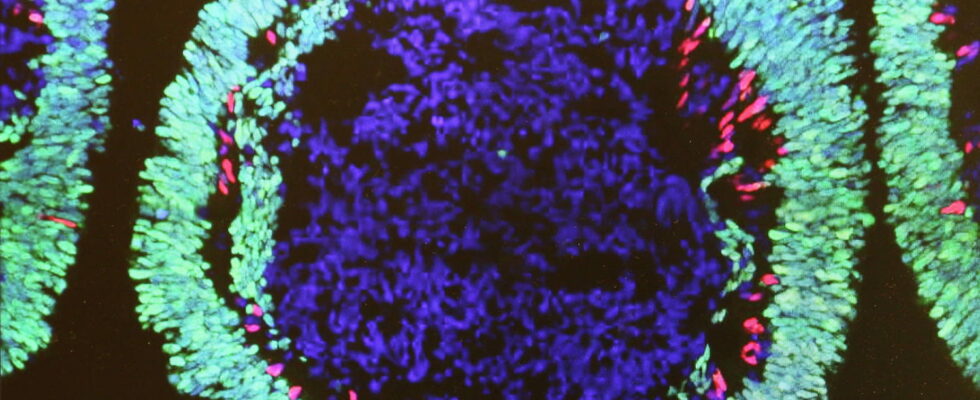Mini-brains have been sent into space and grown on board the ISS. A unique and exciting scientific experiment!
As part of an experiment, scientists from the Pasteur Institute and SupBiotech, in partnership with CNES (Centre national d’études spatiales) have grown human brain structures made in the laboratory in space. These “mini-brains” spent more than a month under the surveillance of astronauts on the International Space Station, constituting a world first that should advance research into brain aging and certain genetic diseases.
Faced with the impossibility of sending real brains into space, the researchers behind the study found a clever solution: organoids! These mini-organs made in the laboratory from cells taken from humans are used by scientists to study different organs of the human body. This is how, in November 2023, mini-brains created in the laboratory took off aboard a Falcon 9 rocket bound for the ISS. To transport this rather special cargo, it had to be placed inside airtight boxes in which the temperature and CO concentration2 remain stable to ensure the survival of the organoids during flight.

After several weeks in space, the mini-brains were returned to Earth last February and handed over to the project’s scientists, who were relieved to recover their precious material. However, the work is far from over since the researchers must now study the samples to publish their results. On the agenda: analysis of the composition of the brain cells but also of the culture medium in which the organoids released molecules that provide interesting clues about their state of health. All these results will be compared to those obtained on similar cultures that remained on Earth.
Sending mini-brains to the ISS may seem surprising, but the Space Station is a unique laboratory in which we are freed from a central constraint: gravity, which can sometimes modify the results of experiments carried out on Earth. In addition, the objective of this pioneering experiment was to study the effects of the absence of gravity on the aging of astronauts’ brains. The results of these experiments will be used to best prepare future space programs, particularly long missions that could have as yet unknown consequences on the health of astronauts.
